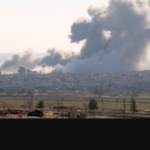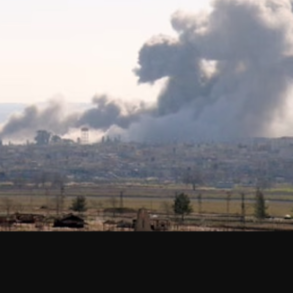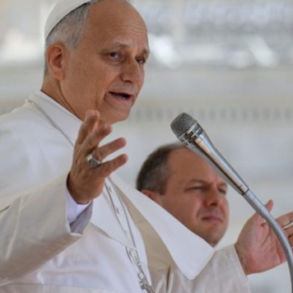Afimag.com –
The World Bank President, David Malpass, has said it would proffer solutions to the strut debt problems rocking developing and poor countries.
David Malpass made this known in a report quoted by RT Reports with the intention to ruffle the narrative ahead of its spring session.
It was gathered that the meeting of the World Bank Group-IMF Spring would be held soon and the President has proposed a discussion on resolving the debt restructuring for the poorest countries.
He pointed out that he would discuss the issue with IMF Managing Director Kristalina Georgieva and the finance ministers of India, Ethiopia, and Jamaica.
- Fuel Subsidy Removal: World Bank Gives FG $800m For Palliatives
- Rivers Govt Clarifies Building Seven Flyovers In One LGA
- Leave Nigeria And Never Come Back, FFK Tells Obi
- Israel Retaliates, Strikes Lebanon, Gaza After Rocket Attack
He said, “I’m looking forward to discussions of the debt crisis itself and approaches to achieving debt transparency and sustainability.”
Malpass enlisted two basic challenges, affirming that the debt restructuring process has not moved forward significantly, and that there has not been enough discussion on ways to take action toward debt sustainability.
According to him, “It is urgent that we make progress: countries need to achieve transparent, sustainable debt burdens in order to restart investment, which has slowed to a standstill.”
The World Bank has suggested that global debt has ballooned in recent years. Between 2011 and 2019, public debt in a sample of 65 developing countries reportedly increased by 18% of GDP on average and by much more in several cases, such as sub-Saharan Africa, where debt jumped by 27% of GDP on average.
The coronavirus pandemic led to the largest one-year increase in debt since World War II in 2020, but a massive debt build-up had been underway for a decade before, the World Bank said in a 2022 report.
It highlighted that nearly 60% of the world’s poorest countries are in debt distress or at high risk of it, with the danger spreading to some middle-income countries.
World Bank wrote: “High inflation, rising interest rates, and slowing growth have set the stage for financial crises of the type that engulfed a series of developing economies in the early 1980s.”








